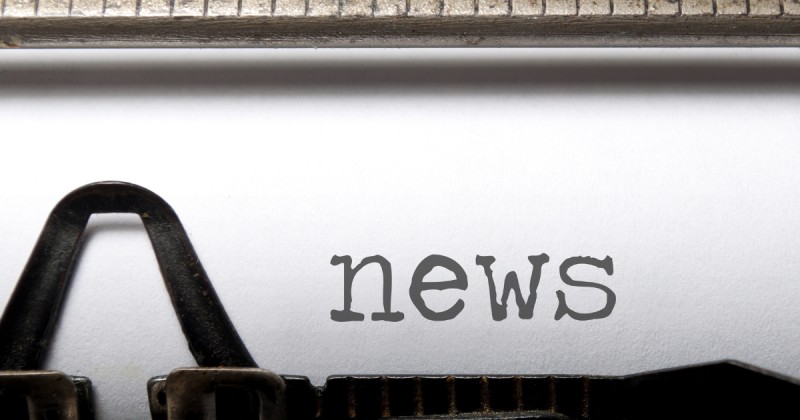Intellectual Property: what freelancers need to know (Part 3)

It’s all very well having protections in place like copyright (which I explored in Part One) and trade marks (which I explored in Part 2), but to turn a profit, freelancers need to monetise their creations.
And to monetise your IP successfully, writes Charlotte Gerrish, founding partner at Gerrish Legal, definitely means not being in conflict with that other big acronym of our time – GDPR. I will address both in the third and final part of this Intellectual Property guide for FreelanceUK.
Monetising creations
IP is not only a legal asset; it is also a financial asset. It is possible to monetise creations, which will involve identifying all IP-- registered and unregistered -- and determining its value. For example, instead of setting new ideas from tech start-ups aside because the market presents hurdles in the way of going into business, IP can be licensed to third-parties in return for a fee.
IP can be both licensed and assigned. If it is licensed the right will be transferred to the licensee, and a long-term relationship will generally be created between the licensor and the licensee where the IP can be used, and payments can be received through instalments. If IP is assigned, the assignor will transfer the IP ownership to the assignee after a lump-sum payment. This payment is made so that the assignor no longer has exclusive rights to the IP.
This is done via contracts, of course, and is not something that should be attempted half-heartedly. Even the most creative and resourceful freelance business professionals often need a hand in making sure that they are best exploiting their creations, or the creations that they have made for clients. My recommendation if you want to both maximise your earning potential from your IP and keep nasty surprises later on to a minimum is to strongly consider contacting a lawyer to get proper, enforceable terms in place.
The GDPR and IP
The upside of monetising your IP could be reduced if you or your freelance operation are found in breach of the GDPR. First some background: the General Data Protection Regulation (GDPR) applies in all EU member states and modernised the laws that protect the personal information of individuals. The GDPR requires businesses using customers’ personal data to obtain their explicit consent to do so, to only use the data for the purposes it has stated, and to comply with any requests for copies or deletion of personal data. There are potentially hefty financial penalties for non-compliance.
While there is the possibility that IP rights can come into conflict with data protection, the GDPR has – fortunately -- been forward-thinking with regards to IP. It might seem, for example, that allowing individuals to obtain a copy of the personal data collected about them could conflict with the protection of IP rights when this data is used as a core part of companies’ technology. However, the GDPR sets out that a request for personal data stored should not adversely affect rights such as trade secrets or IP rights, particularly with regards to software.
What else you should (or shouldn’t) be doing with IP under GDPR
When companies use profiling, monitoring users’ activity, to make deductions about their customers’ behaviour, it is important to bear in mind that all profiling activities must have a legal basis, such as the consent of subjects. Personal data should not be used for any reason other than what it was originally collected for and it should not be stored for longer than necessary.
So companies and freelancers should ensure that they have the consent of their customers, or legitimate interests to process their data, and ensure that the data subjects are aware that the data could be shared -- between freelancers and their clients, for example. In the case of this sort of relationship, agreements should be set out with third parties to allocate roles, obligations, responsibilities and any indemnities.
And in the case of the creative industry, notably when it comes to copyright in literary works such as artwork and photography, it is advisable to ensure waivers for privacy rights are obtained from those included on film or in photographs and who can be identified. Lastly freelancers, in the event of identifiable models, there should be clearance which can be transferred to your clients.
If in doubt…
Please note, this is just a brief overview of how data protection could affect IP rights -- a potentially vast area. For any specific legal advice relating to your creative project, contract or brief, please do not hesitate to get in touch.
Editor’s Note: This is the final instalment of a three-part guide on Intellectual Property for self-employed freelancers and independent consultants, authored by Charlotte Gerrish, founding partner at Gerrish Legal. Read Part One and Part Two.



Comment
Log in or create your account to react to the article.